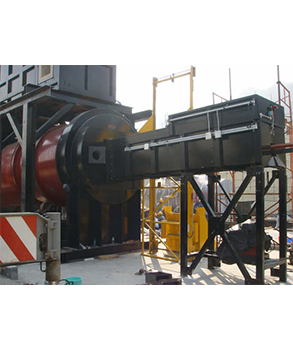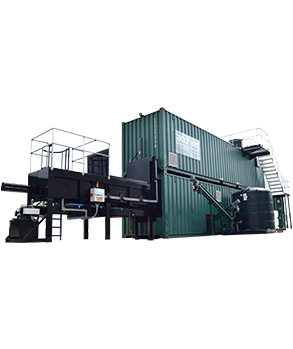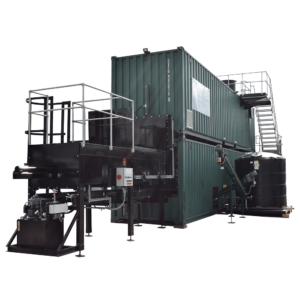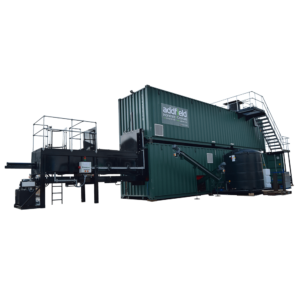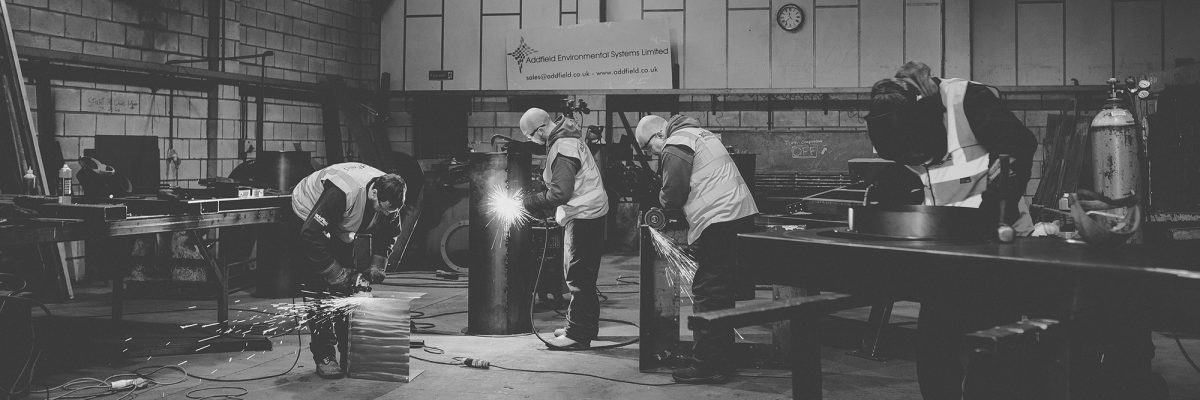Airport Incineration
Industry Leading Airport Incineration
In 2016 the airline industry created more than 5.2million tonnes of waste at a cost of more than £400 million pounds. This figure is set to more than double in the near future.
Airline and airport waste cannot be disposed of by the same methods as other similar waste. Due to the global nature of airlines each international region has its own set of regulations towards what can be safely brought into each country. Often required to be separated, bagged and sealed prior to being sent offsite. A massive and unnecessary cost to the airports, which in turn gets passed on to the passengers.
As the leaders in international incineration solutions we are experienced in providing the right machine and solution for safely disposing of all your organic and non-organic waste, designed and built to suit your industry needs exactly.
Benefiting from over 35 years in designing and manufacturing waste management solutions, constructed to be more robust than most other incinerators that are available. Boasting a multi-layered refractory ensuring that the costs of incinerating waste is reduced by as much as 40% compared to other manufacturers.
Return on investment in a little as one year.
Currently airports have very limited options in disposing their waste. Either utilising an onsite incineration machine or paying an external organisation to collect and dispose of it on their behalf.
Several airports that currently operate a waste management facility onsite have incorporated a chargeback to the airlines which a has enabled them to achieve a return on investment in as little as one year.
International Security benefits.
Biosecurity is an essential function of airport incineration. Preventing the spread of viral infections such as the Coronavirus, Cholera, Anthrax and Zika virus is an essential component of carefully disposing of waste generated by passengers. Additionally, preventing the ingress of invasive organic matter which brings a high risk of causing a negative environmental impact, including foods, Japanese Knotweed and various plant mites found in dried plants.
Through managing all your incineration on site will reduce the risks of contamination whilst reducing administrative barriers and improving your sites efficiency
The hidden waste.
Food waste makes up a vast majority of airport waste requiring incineration rather than being able to be disposed of in landfill or recycled compared to normal food waste. All food even untouched will need to be incinerated as well as anything that the food comes into contact with such as containers, plates, trays cups and other peripherals to maintain biosecurity. Creating massive volumes of waste to dispose of which incineration can drastically reduce.
Sustainable energy opportunities.
Appropriate incineration is an environmentally sustainable approach to waste management. Utilising a primary and secondary chamber ensures that only clean flue gas is returned into the environment making this a valid solution to contraband and narcotic destruction. Through the process of incineration, a great deal of heat is generated which is often transferred into a waste to energy system which are operated by many airports generating free energy and heat as a by-product of the operation. Addfield have several solutions available to deliver this green energy.

- British Designed.
British Built. - World leaders in
incineration technology. - Unrivalled build quality
& machine longevity. - Distributed to more
than 150 countries. - Environmentally
Responsible. - Trusted partner, over
40 years experience.



